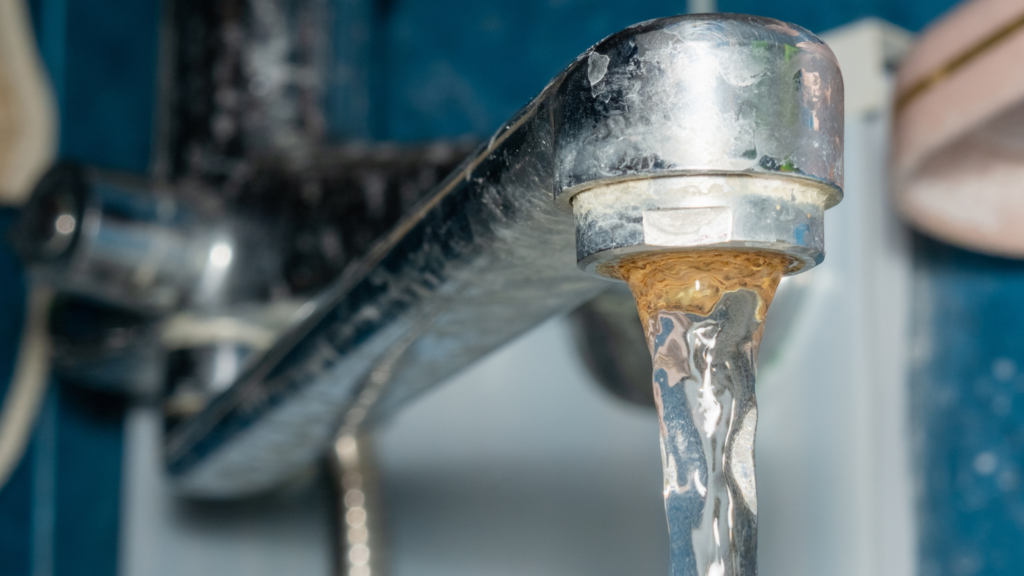Water might be one of the most vital elements for life, yet its quality can vary dramatically. Even in urban environments with sophisticated water treatment facilities, the water that reaches your home can be affected by a range of contaminants and factors that degrade its quality. This is where water conditioning systems come into play, offering a solution that’s not only beneficial for your health but also for the longevity of your household appliances and plumbing.
This comprehensive guide will take you through the fundamentals of water conditioning, helping you understand why it’s a critical investment for any homeowner. We will discuss the reasons you might need water conditioning, the different types of water conditioning systems, and crucial considerations for selecting the right one for your home.
Water that looks clear and tasteless isn’t necessarily pure. It can contain a multitude of contaminants, some harmless and others potentially dangerous. The main reasons households invest in water conditioning systems are:
Health Concerns
Waterborne diseases are a global problem, and it’s not just developing countries that suffer. Even in well-developed countries, the aging infrastructure can lead to issues like lead contamination. Water conditioning systems can remove or reduce contaminants such as lead, chlorine, and volatile organic compounds (VOCs).
Taste and Odor Improvement
Municipal water often contains chemicals like chlorine to kill bacteria, which can result in a noticeable taste and odor. Water conditioning systems can significantly improve the palatability of your water, making it more pleasant to drink and cook with.
Protecting Your Plumbing and Appliances
Hard water, which is high in mineral content, is a notorious issue for plumbing and appliances. Over time, it can lead to scaling, reducing the efficiency of water heaters, washing machines, and dishwashers. A water softener can prevent this, extending the life of your appliances and reducing the need for repairs.
Understanding Water Quality and Testing
Before you can address water quality, you need to understand what you’re dealing with. Water testing is the first step, and there are several ways to have your water analyzed:
DIY Test Kits
Budget-friendly test kits can be purchased to test for common issues like pH levels, hardness, and the presence of certain contaminants.
Professional Testing
For a more comprehensive analysis, professional services can test for a wider range of contaminants, including heavy metals, bacteria, and pesticides.
Both methods are crucial for identifying your specific water quality issues, empowering you to make informed decisions about water conditioning systems.
Types of Water Conditioning Systems
There are several types of water conditioning systems, each designed to address different water quality concerns:
Water Softeners
Water softeners are the most common type of conditioning system. They remove “hardness” minerals—like calcium and magnesium—replacing them with sodium or potassium, to prevent scale buildup.
Water Filtration Systems
These systems are designed to remove specific contaminants, like lead, chlorine, or sediment, providing cleaner, better-tasting water from every tap.
Reverse Osmosis Systems
RO systems are highly effective at removing a broad array of contaminants, making them one of the best for overall water purification.
Water Distillation
This system boils water, then captures the steam and condenses it back into water. This process removes most contaminants, but requires energy and isn’t as convenient as other methods for whole-house use.
UV Water Purifiers
Ultraviolet water purifiers use UV-C light to kill microorganisms and bacteria, providing an additional layer of protection in conjunction with other conditioning systems.
Each of these systems has its own set of pros and cons, and the right choice for your home depends on your specific water quality needs.
Water conditioning is an investment that should be based on the unique needs of your household. It’s an essential component of a healthy and well-functioning home. Through proper research, testing, and consideration of the various systems available, you can ensure that the water you and your family use is safe, clean, and enjoyable.




